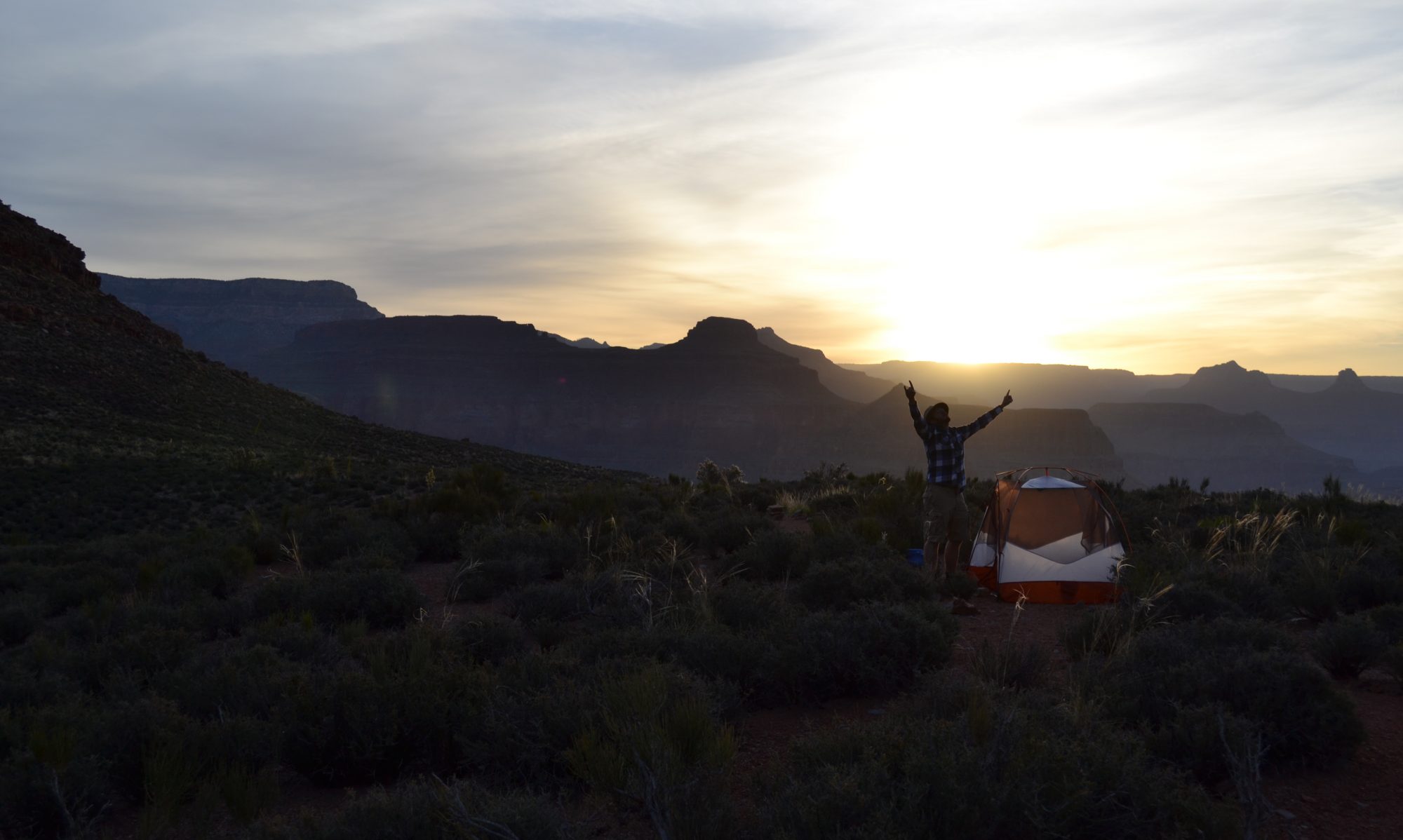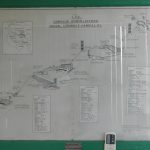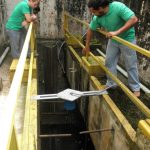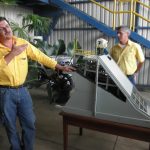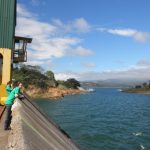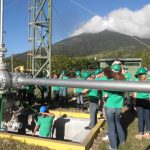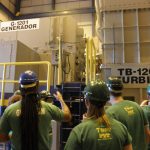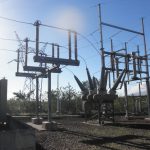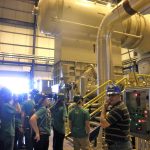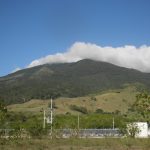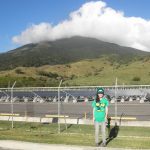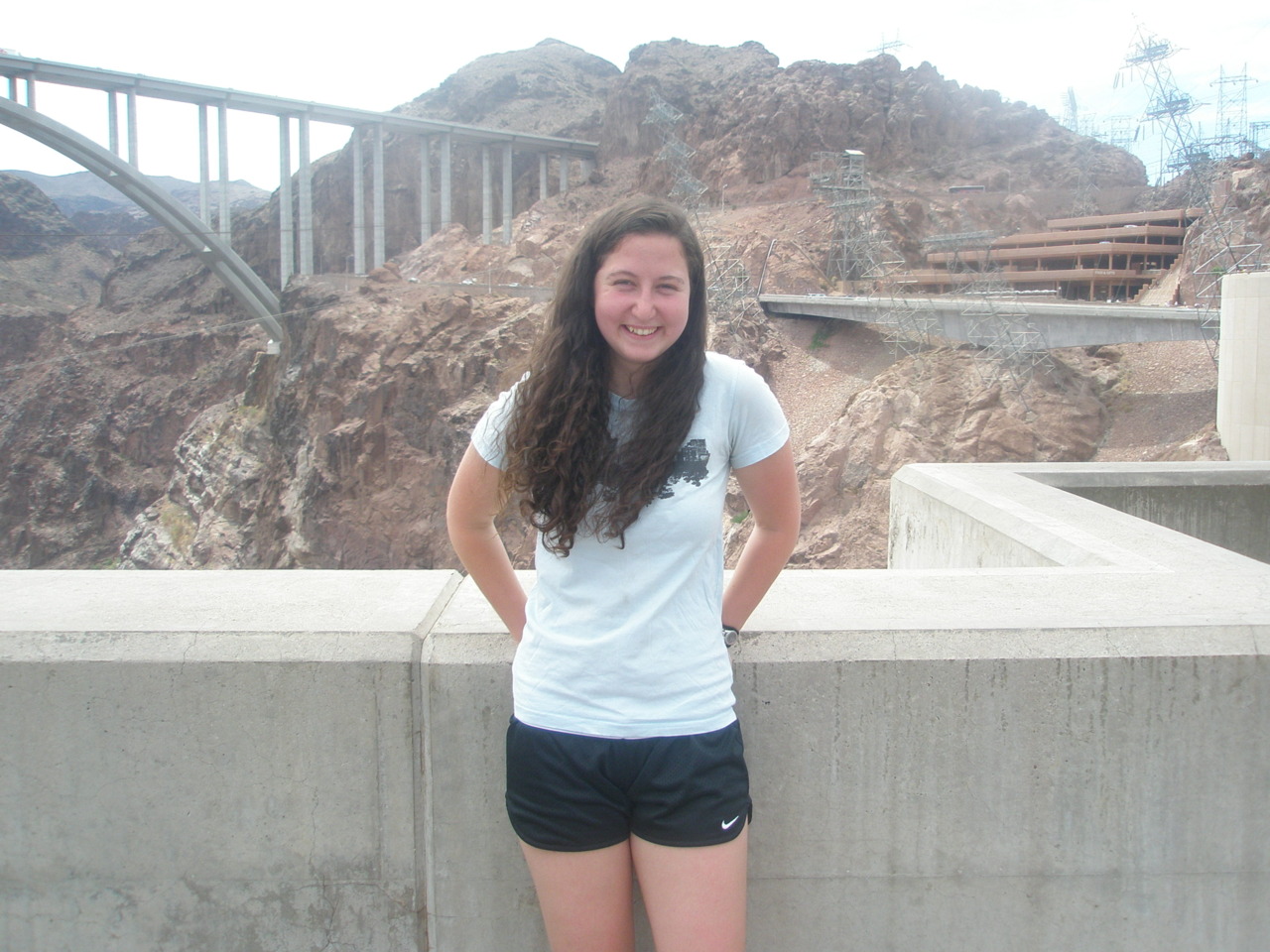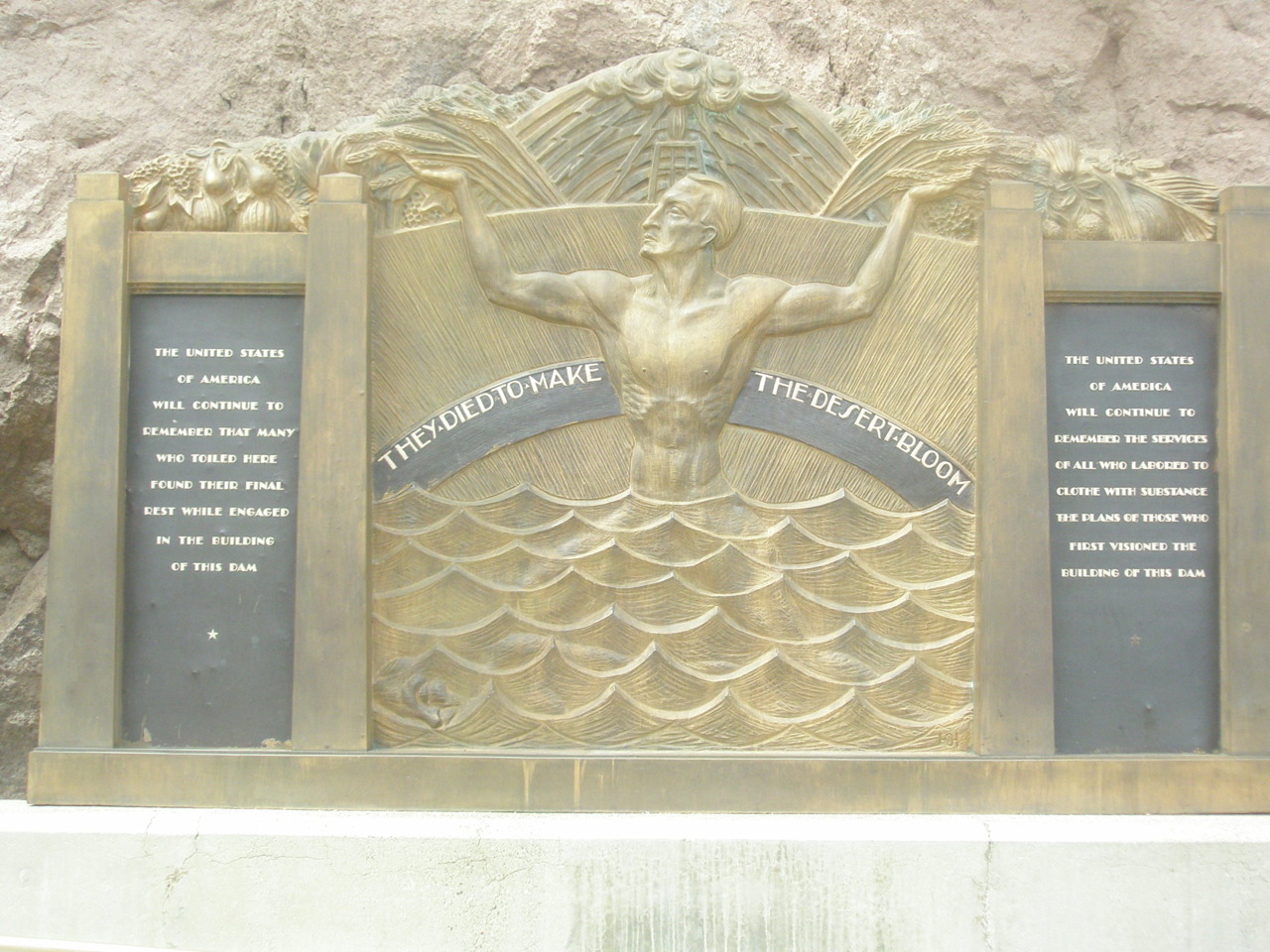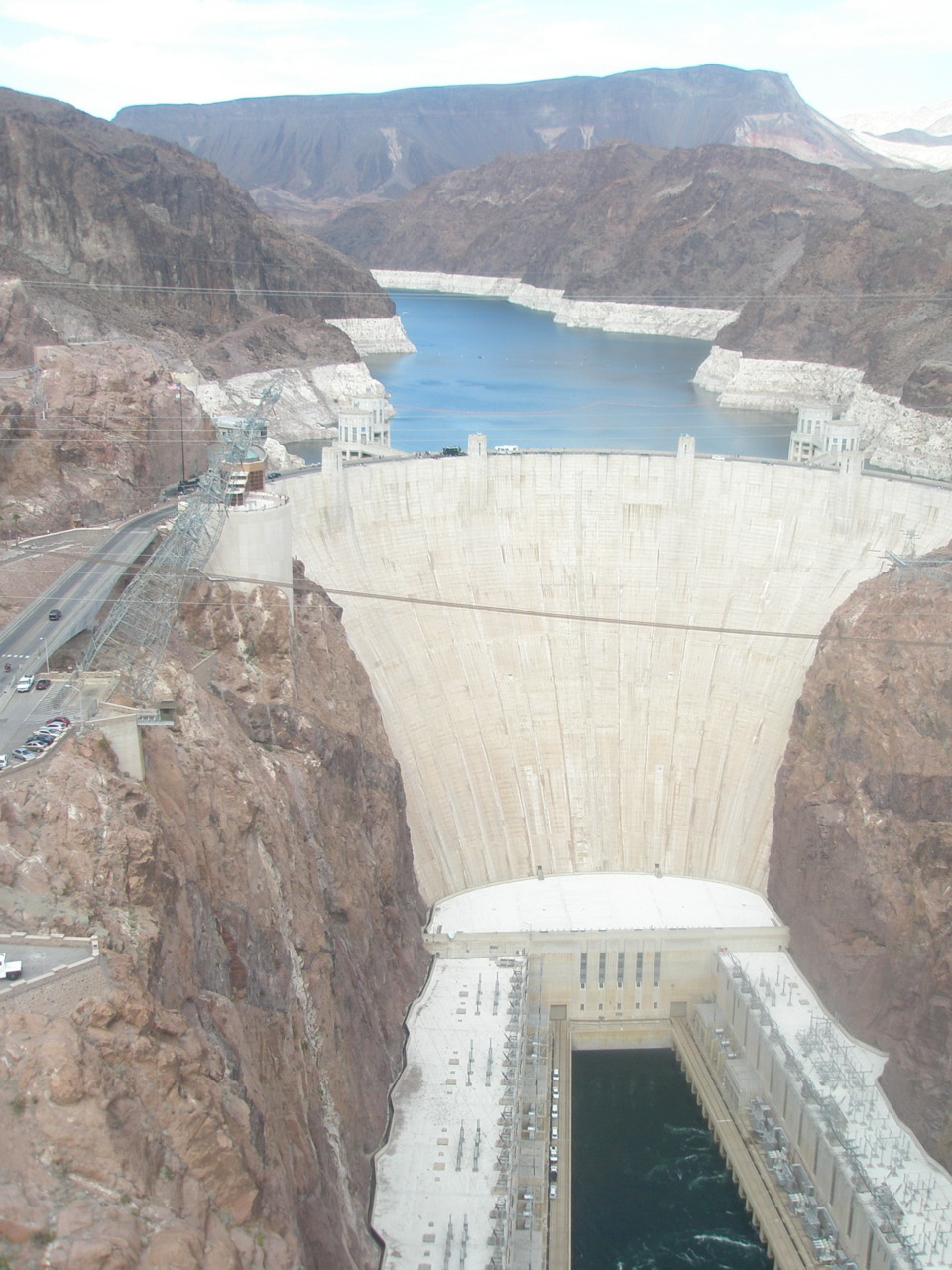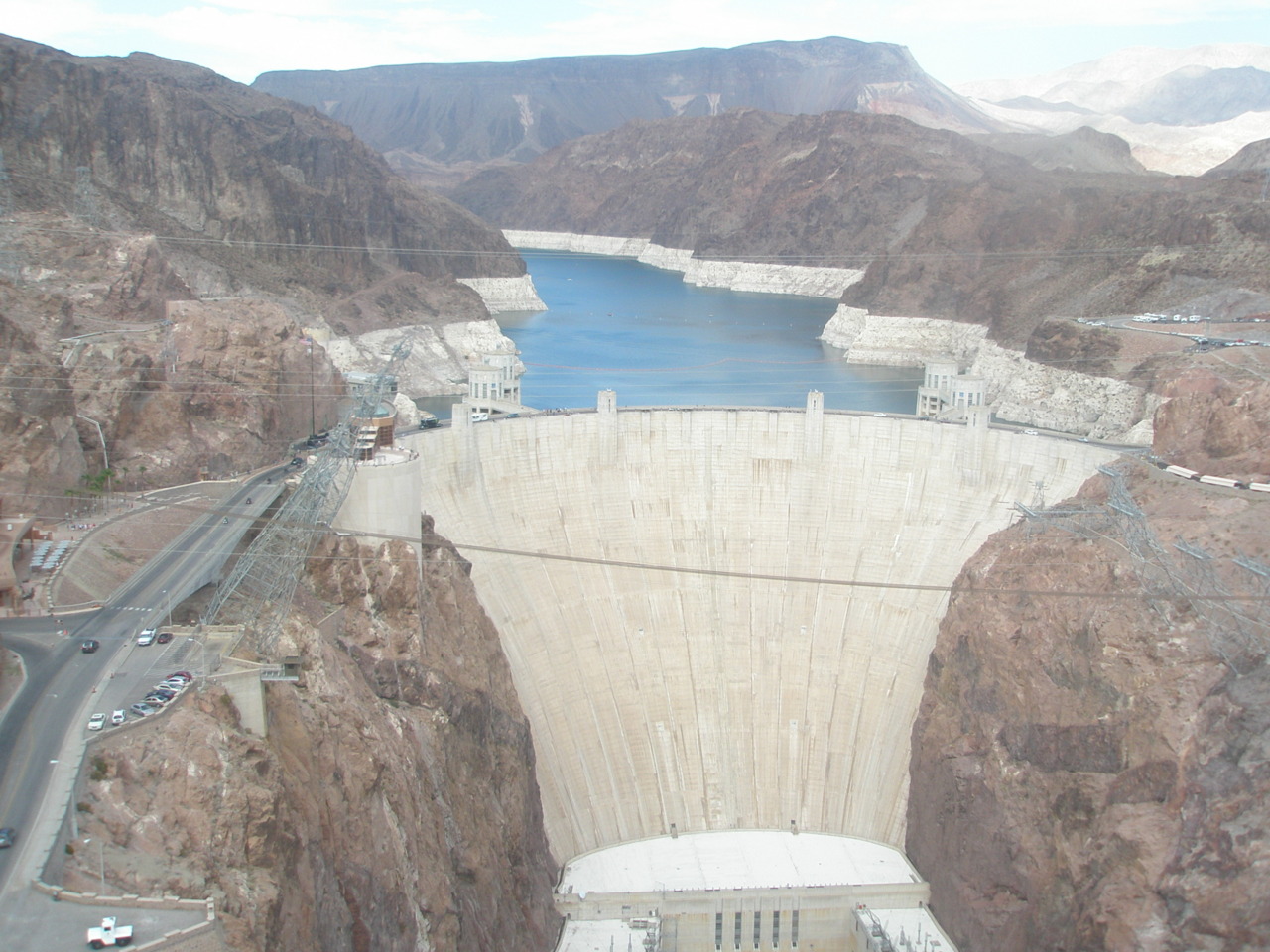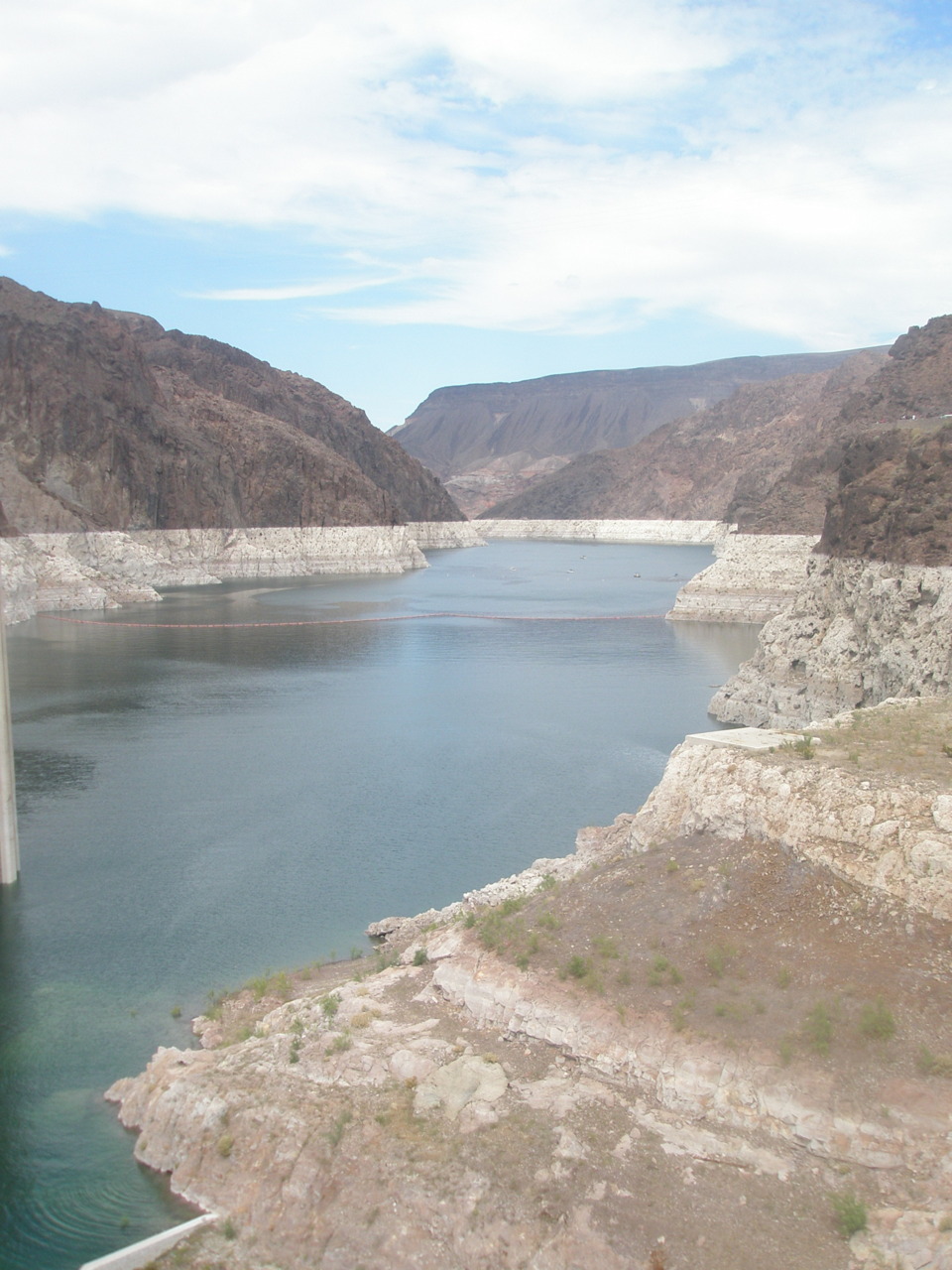Our guidelines: Pick a topic, any topic, as long as it’s related to sustainability, find other people interested in your topic, research it and go. Admittedly, most of these ideas (especially my group’s) were put together at the least second, but they all spawned some really interesting discussions.
Me, Kelly and Dillon’s Project:
My notes from everyone else’s presentations:
Students for Sustainability – Jaime and Amy
– Create a sustainable idea, reach out to your network
– More support = more change
– College students surrounded by lots of resources, trying to connect their passions
– Small ideas: motion sensor lighting, faucet flows, recycling water, composting in dining halls, rooftop gardens, CFL
A case for compost – an advocacy group cfc.org – Jennifer, Amy, and Alicia
– provide communities with composting consulting services
– composting and recycling can divert 70%-90% of municipal solid waste
– 90 cities have composting programs while 8,660 have recycling programs
– Model: San Francisco’s mandatory program where people are subject to fines
– Promote widespread implementation through lots of pilot projects in schools, local govt, etc to educate the population
– Have “pick up days” at these central locations
– Make the blue, green, and black trash bins color coded nationwide
Making solar cheaper and more efficient – Kara and Sara
– current shit: crystalline silicon, may 20% efficiency, current uses include remote areas communication traffic
– Tandem cells: amorphous silicon and non crystalline silicon absorb different spectrums of light on the top and bottom of a cell
– Solar paints
– Nano-inks
– Policies:
- Feed-in tariffs
- Solarroadmap.com (run by DOE)
- Restrictions on metering and networking
– Social:
- Used in developing nations
- Create jobs
- Recycle materials (glass and silicon?)
– Economics:
- Traditional pv cells require glass protection making them heavy
- Need economies of scale to lower price
- Chinese labor costs super low – how do we produce in the us?
- Hoping to cut prices in half in the coming years
– Solar glass and solar paints for car
– Peroskite
Sustaina-city: a sustainable approach to city planning – Katie and Joelle
– Mission: provide cities with a sustainable plan to follow
– Sprawl: when cities expand their boundaries into bordering areas with low density development
– A study done by Smart Growth America found a direct relationship between sprawl and chronic disease – more likely to walk less, weigh more, and have high blood pressure
– Technology:
- Transit/biking
- Zip cars
- Walking
- Biking
- Public transit
- LEED certified buildings
- Mixed use developments
- Combine residential and commercial in a single building
- Policy
- Old laws prevent mixed housing developments from being adopted
- Limits to non-residential portion of projects they insure to anywhere from 15-30% of its value – eliminating these caps could help mitigate the risk of some developers
- Community gardens
– Social Impact: People aren’t used to being in such close proximity – gated communities have allowed people to lock themselves in their own fortress, many don’t know their neighbor
– Long term impact
Harvesting Lightening – Steve, Tom, Anggie
– Ben franklin rap
– 100 lightning bolt strikes on the planet/hr
– 3 million volts/m, 10k-50k amps == GW of power in a single bolt of lightening
– anatomy of a lightning strike – branches out until it reaches the ground, short to ground then pulses- artificial lightening to charge cell phone
– set up 6 towers in a football sized field, 20 yards apart – power house 500 yds away – towers have very thick gauge wire – wires enter vat with lots of impurities for high impedance to heat up everything – liquid is vaporized, steam powers generator
- materials:
- super thick gauge wire
- methanol – holds heat better – creates steam for a longer amount of time
- Florida ideal location: the capital of lightening
– Policies? What policies?
– Cost
- One-time cost: (total :1 million)
- Storage tank: 40k
- Methanol: 150k*$1.50
- 100,000 in wire
- steam turbine: 325k
- power house: 75k
- land: 50k
- condenser: 50k
– Feasibility: extremely unreliable
Standardizing the elimination of ghost power – Nick and Mike
– where does ghost power come from?
- Necessary: control receivers, sensing equipment, printers, communication devices
- Not necessary: charging equipment, backlit screens, clock signals, ectronic utilites
– The plan:
- Education
- Suggest energy star appliances
- 1 watt initiative (initiative for electronics to only use 1 watt in standby mode)
- tax break for companies for products that consume less than 0.25 watts while in standby mode
- expand use of Kill A Watt meters
– The US uses an obscene amount of energy – we will need to change our habits and technology – not just rely on renewables
– EEE communication device
Agua Es Vida – Lindsey, Adriana, Mike
– 1/5 children’s death is to water related disease
– 40 billion hours women spend of carrying water
– Create a BLUE program:
- Technology:
- GIS
- Energy
- Social
- Law and Policy
- Usage
- IR
- Environmental Health
- Water bourne diseases
- Treatment Process
- Desalination
- Waste Water
- Bio Sand Filter
- Water of Country
- History
- Agriculture and Water: Desertification
– Have site visits for each topic
– Instead of Capstone Projects, focus on on-site community service projects
– Target country: Belize – poor, safe, mayan, etc
– Potential partners: living water international and the water project
